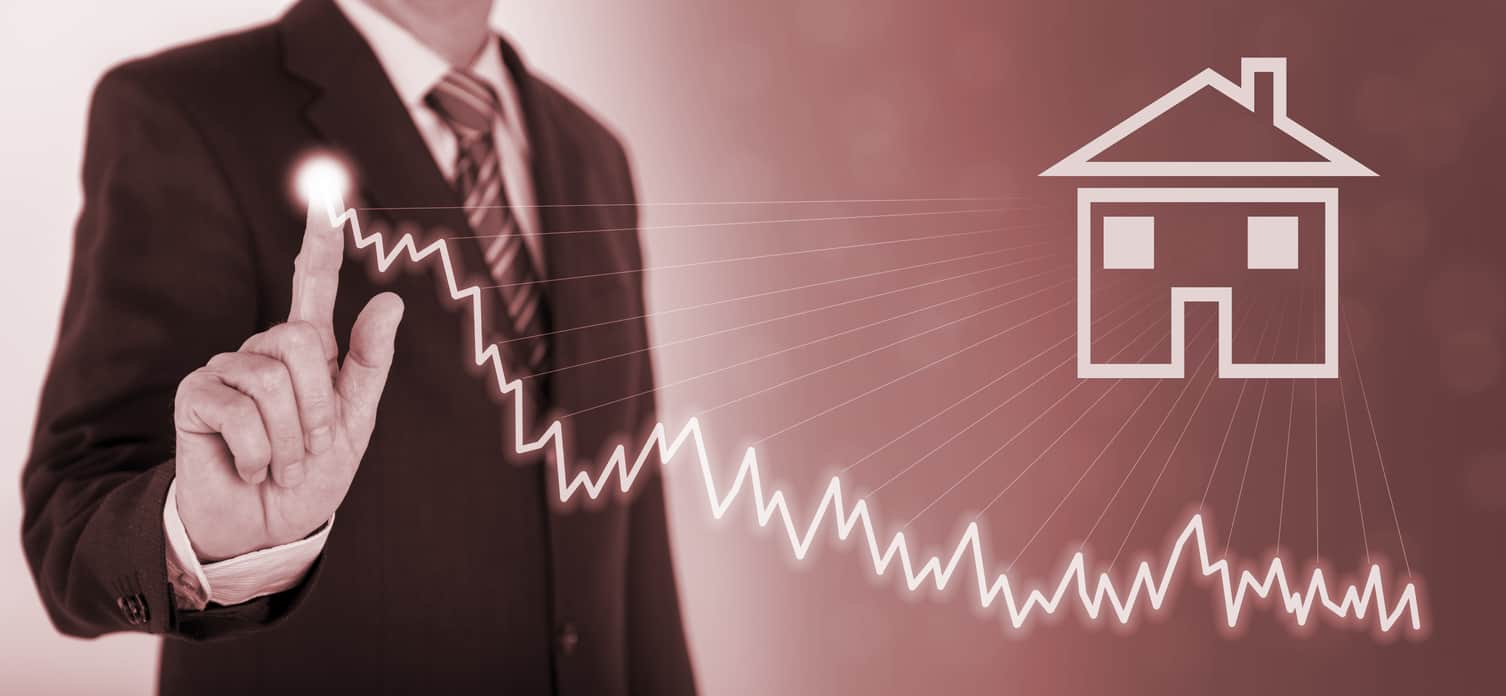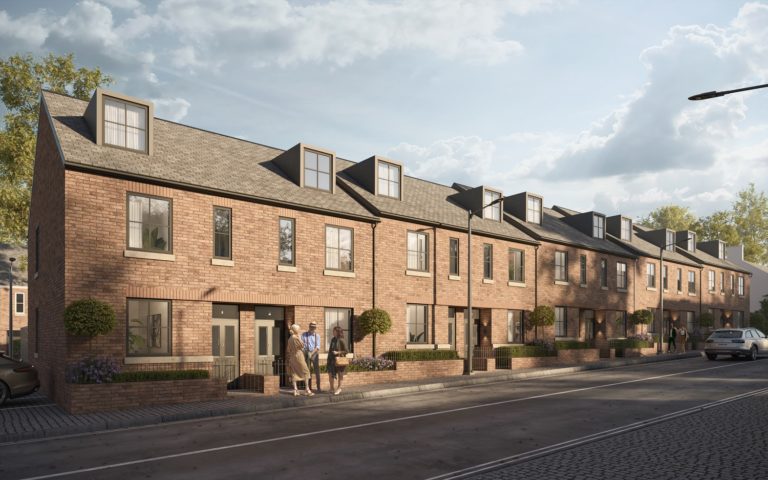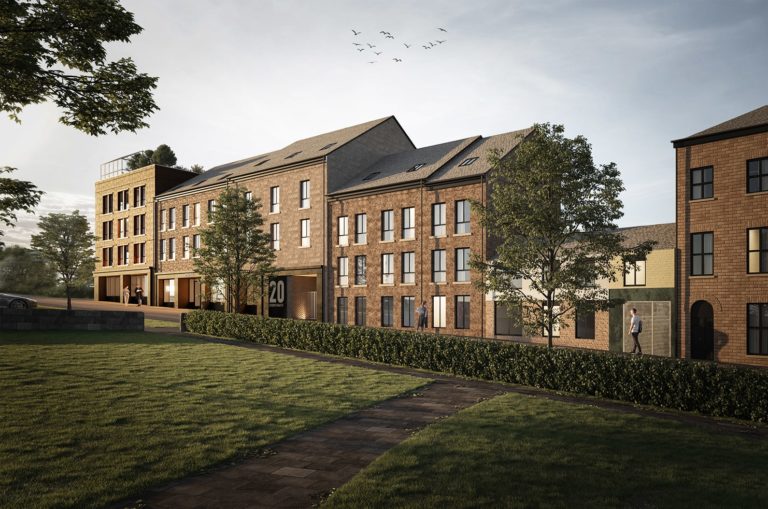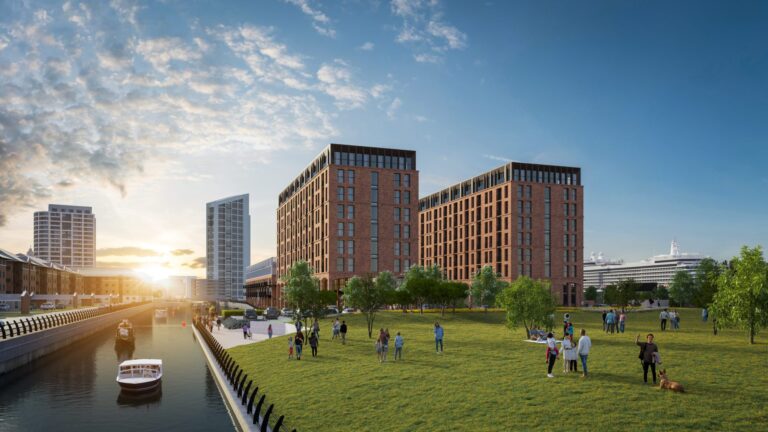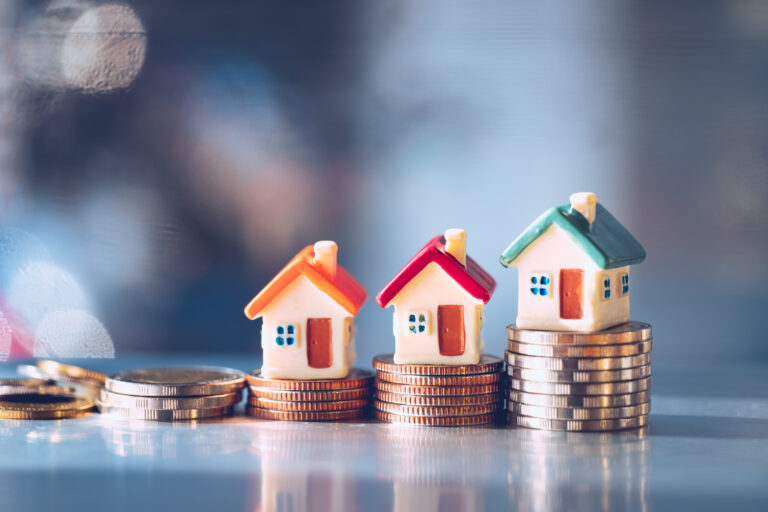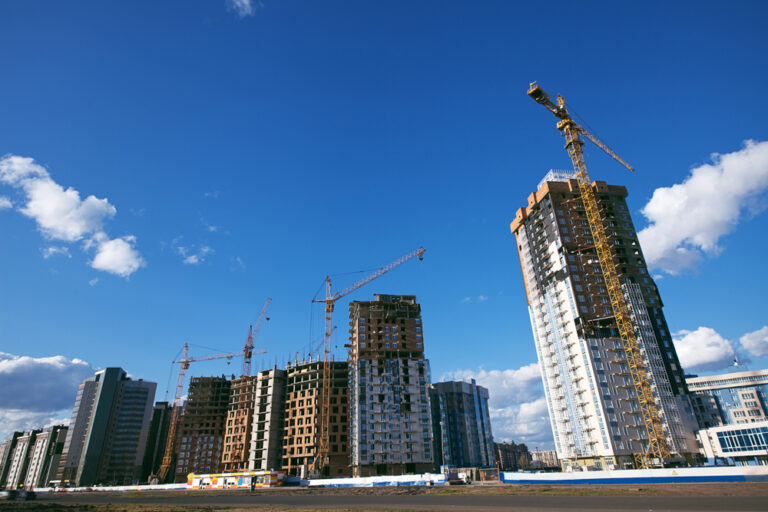Months of unprecedented levels of housing demand and property transactions pushed UK house prices to increase by an impressive 7.3% during the year.
Throughout the last half of 2020, the property market gained steam and even remained bustling during the traditional seasonal slowdown. Additionally, despite the housing market being closed for seven weeks during the first lockdown in hopes to curb the spread of coronavirus cases, house price growth picked up quickly after the sector reopened.
With the strong and resilient year for the housing market, Nationwide’s house price index reveals UK house prices rose by 7.3% during 2020, which is a six-year high. In December 2019, the average house price was £215,282, and this increased to £230,920 in December 2020.
To show the growth seen since the beginning of COVID-19, house prices finished the year 5.3% higher than the growth level in March. This is when the country underwent its first lockdown.
Robert Gardner, chief economist at Nationwide, says: “Housing market conditions have remained robust in recent months, even as the wider economic recovery lost momentum and the UK economy faced the prospect of further lockdowns and continued uncertainty about the UK’s future international trading relationships.”
What’s behind the strong growth?
Back in July, the stamp duty threshold was temporarily raised on property purchases until 31st March 2021. Buyers don’t have to pay any stamp duty on homes worth £500,000 or less. This has caused buyers and investors to bring forward moving plans and encouraged people to act quickly.
Nationwide’s data shows house prices really started to pick up following that announcement. UK house prices rose by 2% in August alone. Additionally, COVID-19 has pushed many to re-evaluate their housing needs and priorities.
Successive lockdowns caused people to spend more time in their homes. And work patterns changed to more flexible and remote working. This has led to buyers purchasing new properties that fit their updated needs. For many, this meant larger properties with dedicated office space, high-speed internet and access to a garden or balcony.
Robert Gardner comments: “The resilience seen in recent quarters seemed unlikely at the start of the pandemic. Indeed, housing market activity almost ground to a complete halt during the first lockdown as the wider economy shrank by an unprecedented 26%. But, since then, housing demand has been buoyed by a raft of policy measures and changing preferences in the wake of the pandemic.”
Where did prices rise the most?
In Q4 of 2020, all UK regions saw house prices rise. The north of England saw particularly strong annual house price growth during this quarter, especially the north-west and Yorkshire and the Humber. Despite these regions seeing strong house price growth, they are still some of the most affordable areas. And further house price growth is expected in the coming years.
Over 2020, all regions in England had house prices rise between 5% and 9%. The East Midlands was home to the largest annual house price change with an 8.6% increase. Outer south-east and the north-west tied for the second largest rise with 8%. Yorkshire and the Humber and the West Midlands followed with increases of 7.7% and 7.5%, respectively.
What is expected for 2021?
Strong demand and house price growth will continue through the beginning of 2021. The number of property transactions will remain strong through the stamp duty holiday deadline at the end of March.
Some property experts are still expecting prices to rise this year. However, as sales activity will likely slow down in the middle of 2021, house price growth will be more subdued. This could make it an attractive time to purchase property for some buyers and investors. This is especially the case as prices will likely rise further in the coming years.
Additionally, property preferences have changed permanently for many. Some buyers may still look to move even after the stamp duty holiday deadline, which will keep the market moving. And the current third lockdown in England will likely only further secure some people’s desire to move.
The chief economist at Nationwide concludes: “Behavioural shifts as a result of Covid-19 may continue to provide support for housing market activity, while the stamp duty holiday will continue to provide a near-term boost by bringing forward home moves.”
